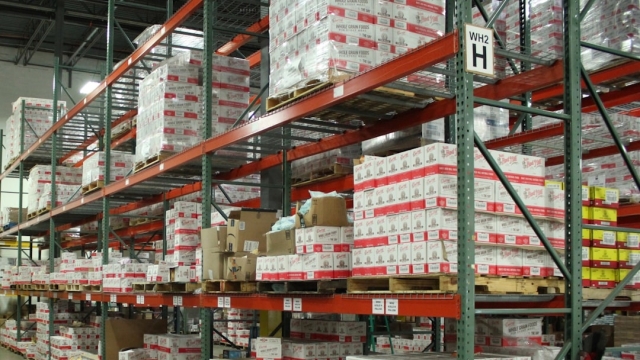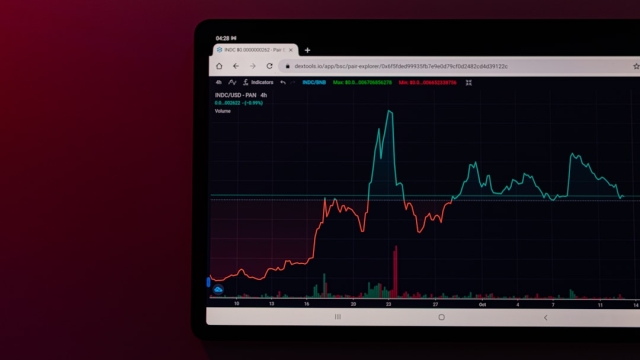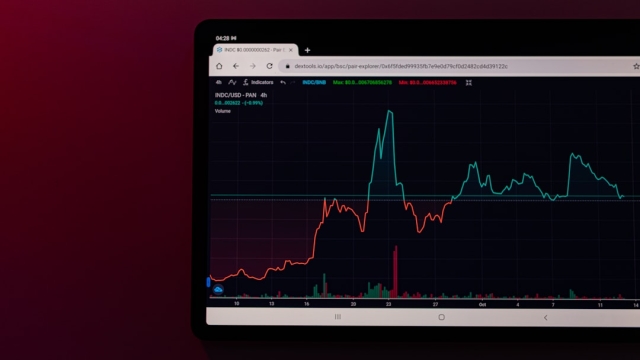The Role of Automation in Ice Making Solutions
In the evolving landscape of supply chain management, logistics automation has emerged as a transformative force. By streamlining processes and enhancing efficiency, logistics automation helps businesses reduce costs, improve accuracy, and adapt to changing market demands. This article explores the significance of logistics automation, particularly in ice making solutions, cold chain management, and its overall impact on manufacturing excellence.
The Role of Automation in Ice Making Solutions
Ice making is a critical component in various industries, including food and beverage, pharmaceuticals, and hospitality. The production and distribution of ice must be managed with precision to ensure quality and safety. Logistics automation plays a pivotal role in optimizing these operations. Automated systems can monitor and control production parameters, ensuring consistent ice quality and reducing waste. For example, real-time data collection allows facilities to adjust production rates based on demand fluctuations, minimizing overproduction and maximizing resource efficiency.
Furthermore, logistics automation facilitates the efficient distribution of ice. Automated scheduling and routing software can optimize delivery routes, reducing travel time and fuel consumption. This not only enhances delivery reliability but also contributes to sustainability efforts by lowering the carbon footprint associated with transportation. By integrating logistics automation into ice making operations, businesses can enhance their responsiveness and operational efficiency.
Enhancing Cold Chain Management with Automation
Cold chain management is essential for preserving the integrity of temperature-sensitive products, such as food and pharmaceuticals. Automation technologies are instrumental in maintaining the required conditions throughout the supply chain. For instance, automated temperature monitoring systems can track conditions in real time, alerting operators to any deviations that could compromise product quality. These systems ensure that products remain within specified temperature ranges from production to delivery.
In addition to temperature monitoring, logistics automation can improve inventory management in cold storage facilities. Automated inventory systems can keep track of stock levels, expiration dates, and product movements. This level of oversight reduces the risk of spoilage and ensures that products are rotated effectively, thereby enhancing overall supply chain efficiency. Moreover, automated reporting tools provide valuable insights into operational performance, enabling continuous improvement in cold chain processes.
Achieving Manufacturing Excellence through Logistics Automation
Logistics automation is not just about improving individual processes; it plays a crucial role in achieving overall manufacturing excellence. By streamlining operations, businesses can enhance productivity, reduce lead times, and improve customer satisfaction. For example, automated workflow systems can integrate various functions—such as procurement, production, and distribution—creating a seamless flow of information and materials. This interconnectedness allows for better decision-making and more agile responses to market demands.
Real-world examples illustrate the benefits of logistics automation in manufacturing. Many companies have reported increased efficiency and reduced operational costs after implementing automated systems. For instance, an ice manufacturing facility that adopted logistics automation experienced significant improvements in production scheduling and inventory management, resulting in faster delivery times and higher customer satisfaction.
| Aspect | Benefits |
|---|---|
| Production Efficiency | Optimized output, reduced waste |
| Delivery Reliability | Improved routing, timely deliveries |
| Product Integrity | Real-time monitoring, reduced spoilage |
| Inventory Management | Effective stock tracking, minimized waste |
In conclusion, logistics automation is integral to enhancing operational efficiency in various sectors, particularly in ice making solutions and cold chain management. By leveraging automation technologies, businesses can improve production processes, maintain product integrity, and achieve manufacturing excellence. As industries continue to evolve, the principles of logistics automation will remain essential for organizations aiming to thrive in a competitive landscape. For more insights and solutions related to logistics automation, consider exploring additional resources available online.



